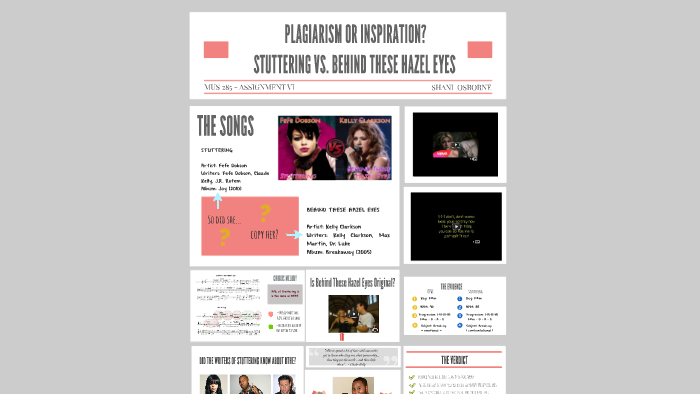
This may explain why there are musicians who are extremely passionate, musically brilliant and excellent artists, and yet suffering from a distorted relationship with the instrument, music and themselves. Important as well is how the person reacts to his own limitations, his self-image, what he expects from his self, possible environmental pressure as well as personal characteristics such as perfectionism, compulsiveness, obsessiveness and anxiety.

However, lack of talent may not cause injury, pain or frustration, similar to that a predisposition to stutter doesn’t necessarily mean that a person is condemned to stutter his entire life. Through my own experiences and observing those of others, I came to the conclusion that these symptoms have partly to do with the innate presence (or lack thereof) of talent – the ability to naturally communicate musical ideas through the ‘instrument’. And yet, besides all the glory music has to offer, many amateurs and professionals experience limitations, struggle, nervousness pain, injury, anxiety and frustration as a result of their musical practice. Many people also get ‘moved’ in a literal sense when they spontaneously tap with their feet or begin to dance.

Most people experience only the beautiful, enjoyable side of music, often when they listen to their favorite songs and artistic heroes. In this paper I would like to share some similarities between the two. As I began to see the similarities between what ‘struggling at the instrument’ and stuttering were about, I started to gain insights I would probably not be able to gain in the absence of ‘the other’. One contains obviously a great positive force, pure joy and often making people cry of happiness, while the other is usually associated with struggle, fear and even despair. Music and stuttering are both powerful, enigmatic and sometimes even mysterious phenomena. As a musician and person who stutters, he is interested in exploring the relationships between music, language and human behavior.

He currently works at the Vrije Universiteit of Amsterdam, besides teaching piano privately in his home town. 1985) has completed his Master degrees in Musicology and piano (both with distinction) at the University and Conservatory of Amsterdam. About the author: Robert van de Vorst (Netherlands, b.


 0 kommentar(er)
0 kommentar(er)
